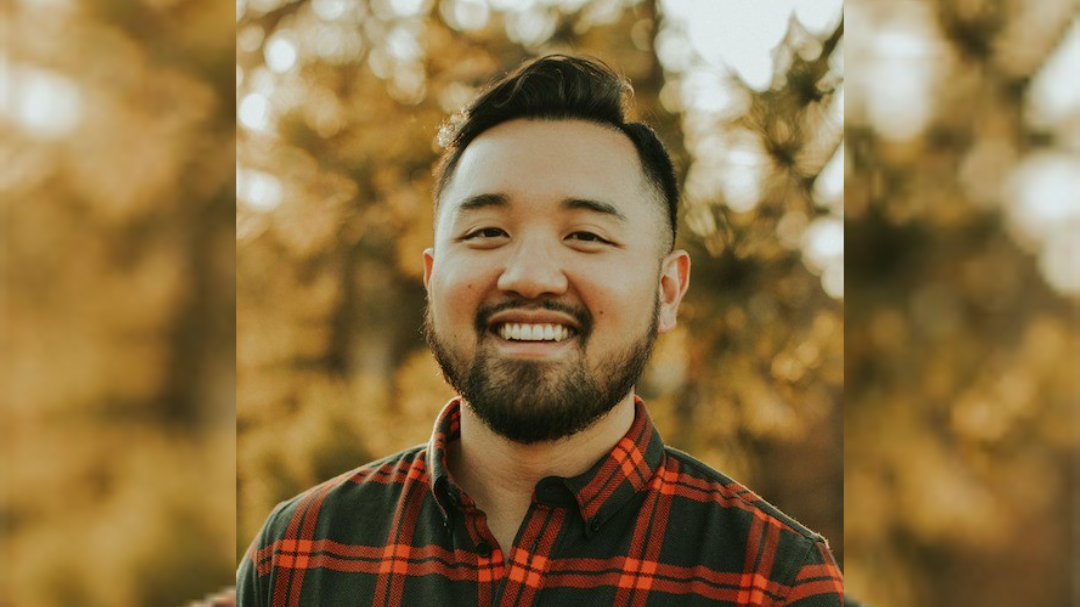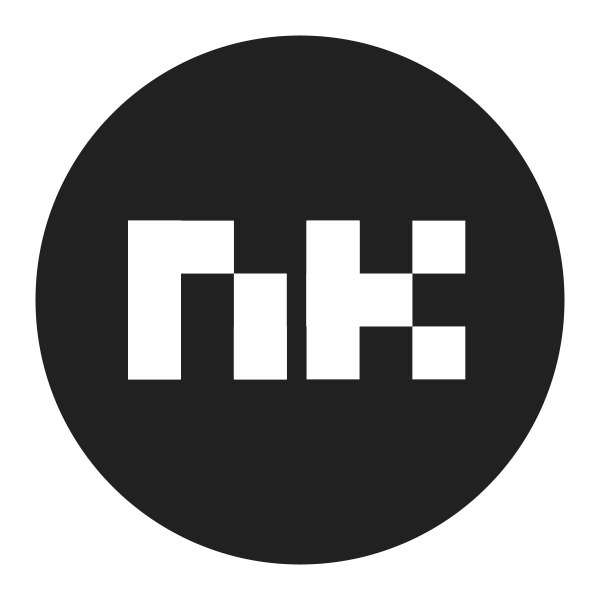Thank you! Your submission has been received
Introduction:
Terence Pae is a seasoned entrepreneur with a diverse background in the tech industry. After graduating from UCSB Terence founded his first startup, Freedcamp, a free project management solution. He then went on to work for various companies, including Trulia (now acquired by Zillow), Tesla, and Netflix, gaining valuable experience in software engineering, product development, and leadership. In 2020, during the COVID-19 pandemic, Terence founded his current startup, Nifty Kit, a platform that helps brands and artists launch and manage their NFT projects. NiftyKit has since worked with major clients such as Gucci, NBCUniversal, and renowned artist Takashi Murakami, navigating the rapidly evolving landscape of the NFT and cryptocurrency space.
Terence's entrepreneurial journey has been marked by a willingness to pivot and adapt to changing market conditions, a trait he attributes to his early experiences. In this in-depth article, we explore Terence's insights on entrepreneurship, the challenges of building a startup in the crypto and NFT space, and the valuable advice he has to offer aspiring student entrepreneurs.
 -
-
Pivoting
In the face of the rapidly changing market conditions of the crypto and NFT space Terence had to pivot multiple times sometimes "once every 2 or 3 months". He emphasized the importance of pivoting, stating: "Ultimately, we have to make a pivot, otherwise we're not going to survive, It's all about product market fit. And if you don't have a product that nobody wants, then it's hard to make money, and if you don't have money, then it's hard to operate a business."
His approach to pivoting was "We would start off with a proof of concept to see if somebody would want to buy it, then if they like it we would take that concept and expand on it and find more customers." While many of NiftyKit's pivots have ultimately worked out, Terence acknowledged the hesitancy that can come with making significant changes, especially when working with larger brands and clients. He noted: "Without that proper success case and guarantee it's hard to get them to commit." Despite these hurdles, Terence and his team have found success in working with major brands like Gucci, NBCUniversal, and Takashi Murakami.
Founder Traits
Ultimately, you have to be good at everything. Terence mentioned how being technical is great, but you have to learn how to build. Whether you're a product person, a software engineer, or in business development, you need to learn to build something. The foundation of a successful startup is starting from a foundation and building your way up. If you can build and sell, being good at sales and pitching are the best traits to have as an entrepreneur.
In addition, If you lean one way or the other, finding the right co-founder or partner is also helpful. To be successful, you have to be good at both selling and building. Combined, you're unstoppable.
Advice for students
When you're young, you have the unique opportunity to try many things and inevitably fail at some of them. This period, when you have fewer responsibilities and less to lose, is the best time to embark on a startup journey.
"I failed a lot in my early 20s," shares Terence "I was living off ramen and couch surfing. I used to live in Garden Court, where the rent was $300 for half a room, with cockroaches everywhere. It was an experience. I didn’t have a personal burn or worry about everything."
This phase of life allows for bold experimentation and resilience building, free from the constraints that come with later stages of life. Terence continues, "When people think about security, is it the illusion of security, or is it real security? People tend to rely on the illusion of security, finding a job that pays a certain amount but losing freedom for two weeks of vacation every year. That's not what I want personally, but everyone is different."
For those considering entrepreneurship, the advice is clear: start early and fail early. "That's the best way to learn, and enduring more pain will help in the long run," Terence emphasizes. "It's all about the experience. You can learn from books and interviews, but the best lessons are earned by yourself."
The journey is about persistence and continuous learning. "Just go at it. If it doesn’t work, understand and learn from it, then try again and again. Eventually, you'll figure it out."


_copy.jpg)
